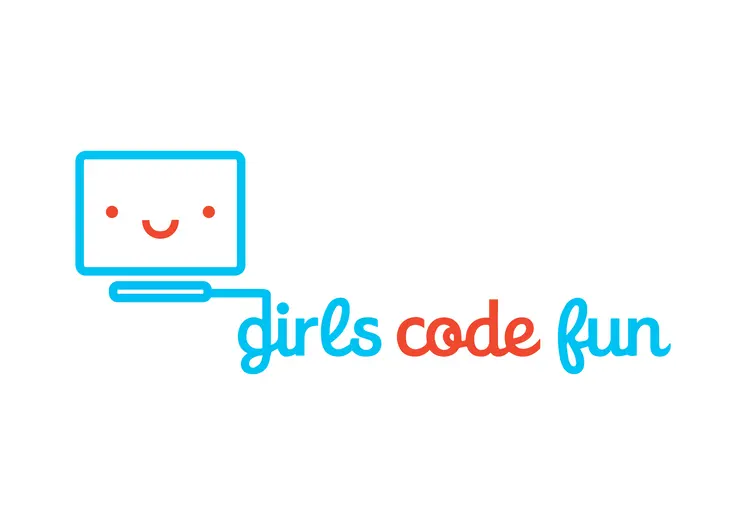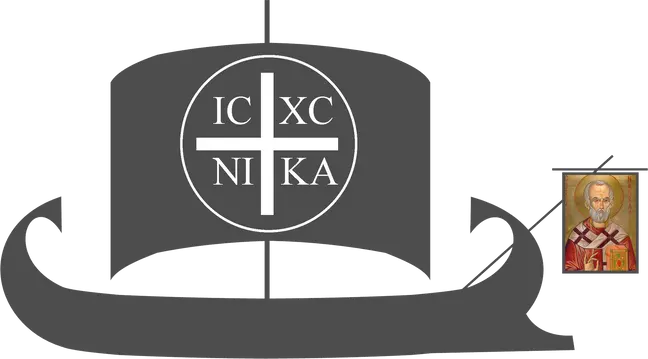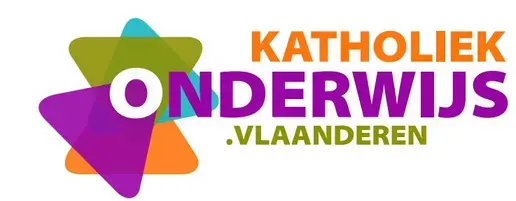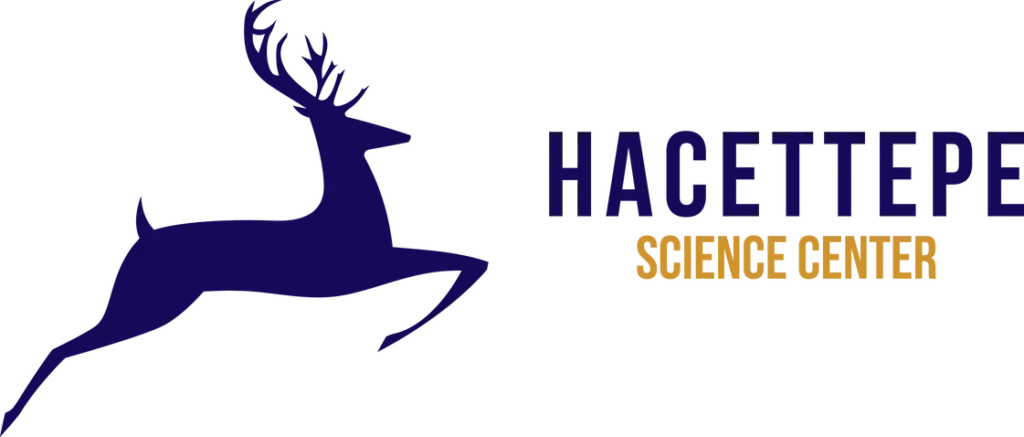Óbuda University (ÓU), established in 1879, is the second largest but highest ranked Technical University in Hungary. It aims to achieve the triplet of excellence in education, research, and innovation to address societal challenges and contribute to sustainable development on national, regional and EU level.
ÓU has seven faculties and three doctoral schools, one excellence centre, and eight research labs. ÓU is participating in multiple international organizations and bilateral and international programmes (currently over 20 EU financed scientific projects). It has international relations with 90 countries, and participates 300 higher education programs and partnerships and has over 250 education and mobility agreements. ÓU offers innovative BA/BSc, MA/MSC, and PhD curricula, dual degrees, challenge-based approaches and an up-to-date, student-friendly, creative and supporting environment for students in order to enable them respond to the challenges set out by our globalized world, laying emphasis on both basic and applied research, internationalization, sustainable development, improvements in technology, RDI, lifelong learning, and interaction and cooperation with the industry. In the last 10 years, ÓU’s research is expanding into fields that are in the major problem areas of today’s societies: health and sustainability. ÓU’s mission and vision are underpinned by fundamental values such as nurturing entrepreneurship, openness, tolerance, dialogue and diversity to fulfil its responsibility as a higher education institution contributing to positive societal change.
Girls Code Fun (GCF) is a non-profit organization that aims to motivate girls and women to gain technological skills and education. The Foundation’s portfolio has supporting programs like Young Coders Scholarship for girls aged 8-15 and City Coding Circles, which are workshops for women who would like to hone their technical skills.
From 2021, through the STEAM Academy project, GCF supports high school students from Warsaw in choosing a STEAM major on their path to higher education. Furthermore, the foundation works with technological companies to organize events, workshops, and courses for girls and other populations under-represented in IT and new technology.
Saint Nicolas Greek Catholic Primary School (SZTMI) is the largest school in Edelény and the region, teaching 671 kids and employing over 50 staff. It is located and operates in the Bódva valley, one of the most disadvantaged, so-called multiple disadvantaged areas of Hungary, located in the northern part of the country.
We focus on providing high level of education, concentrating on language learning, involving new, innovative approaches and methods in education. Technical development is the basic element in our education, focusing on the use of Internet and interactive whiteboard (smartboard) for presentation and demonstration. We started bilingual education in 2008, and the school organizes a many extracurricular classes, where achievements and standards of the pupils are high. As a Catholic school we focus on the spiritual, moral, social and cultural development of our kids. We try to plant the power of love in our kids and show them how to keep their life whole by cooperation, collaboration, harmony, how to maintain inner peace. Furthermore, we concentrate on our environment, take care of it. We encourage our children to be open, creative, imaginative, cooperative and active in all areas of the curriculum. Our school supports healthy living, emphasising outdoor activities like trekking, which develops their physical skills. We emphasize the importance of sport and art, too. The Saint Nicolas Primary School implemented the most modern teaching approach, Lego based education. Our teachers studied the method in Denmark and engaged it on elementary level. This classroom-ready teaching solution supports teachers in creating and engaging motivation and inspiring learning environment. The school is a popular one among parents, because of our success, achievements and religious character.
Katholiek Onderwijs Vlaanderen (Catholic Education Flanders) was established in 1952. It is a network organisation that unites the boards of Catholic educational institutions with their schools, centers, boarding schools, colleges and universities. Catholic Education Flanders is tasked with the religious and pedagogical vision on Catholic education as well as with its vision on management and development. The organisation speaks for its members and represents them at the government, the Church and in society.
Catholic Education Flanders is the biggest educational player in Flanders (the northern half of Belgium) and inspires with its educational project over 2 200 schools and 935 000 pupils and students.
Catholic Education Flanders believes that quality education is more than just training and instruction. Education in its broadest sense should empower children, youngsters and adults to cope with the ever more complex world of today and tomorrow.
We welcome everyone, whatever their religious or ideological background may be, and invite them to enter a dialogue with each other. In this dialogue one learns to form one’s own identity through discovery and reflection. The Catholic Dialogue School aims to bring the Christian voice into this conversation in a contemporary and challenging way, while in addition creating room for those who do not get the chance to join the conversation. In this way, through openness and recontextualizing the Christian identity, it contributes to a meaningful, tolerant and enduring society.
SUPPORTING INTERNATIONAL LEARNING
We support, counsel and coach our member schools in developing high quality education. One of the ways we do that is through supporting international learning.
Hacettepe Science Center LLC (HSC) is based at Hacettepe Technopolis in Hacettepe University campus. The HSC aims to promote public engagement with Science, Technology,
Engineering and Mathematics (STEM) and initiate Open Science and Citizen Science projects. It unites STEM practitioners, researchers, policy makers and public to enhance the quality of STEM education and broaden participation in STEM. The HSC is the founder of Turkish STEM Alliance, which consists of several different members from science centers, science museums, PD centers, NGOs, STEM centers, companies, research centers and public organizations. The HSC has strong links between research and schools, and has a collaboration agreement with schools. Some of these schools will participate in this project. The HSC has researchers with extensive experience in STEM curriculum development, in-service teacher training activities, public engagement of STEM and Citizen Science.
Our team has involved in several EU projects. During our recent EU projects more than 2000 in-service and pre-service STEM teachers have involved in our professional development (PD) courses. Many of the participant teachers expressed that the PD program had an important impact on their classroom practices. By considering significant number of STEM teachers, more than 100 000 students have been influenced per year. Some of these PD workshops focused on inquiry-based learning (IBL) and how to integrate assessment strategies into IBL (http://sails-project.eu) and some others mainly focused on inquiry-based learning (IBL) in connection to the world of work (WoW) (http://mascil.com). Our work on the “Impact of initiatives to implement science inquiry – a comparative study of the Turkish, Israeli, Swedish and Czech science education systems” has been published in Cultural Studies of Science Education (Heinz et al. 2016). The HSC and Hacettepe University have a tradition to implement and disseminate innovative approaches and resources into schools, pre-service and in-service teacher education programs and beyond.






